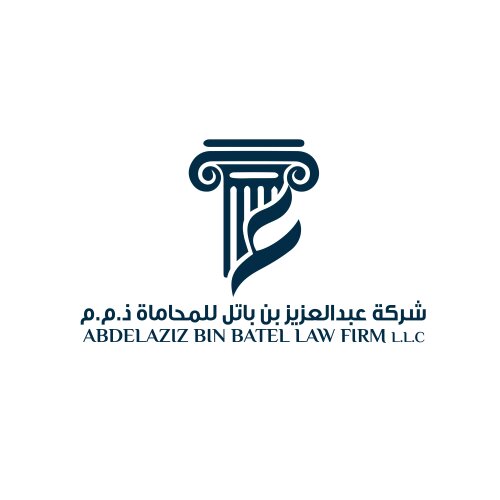
Best Fintech Lawyers in Jeddah
Share your needs with us, get contacted by law firms.
Free. Takes 2 min.
List of the best lawyers in Jeddah, Saudi Arabia

About Fintech Law in Jeddah, Saudi Arabia
Fintech, or financial technology, is the use of technology to deliver financial services. This sector is experiencing exponential growth in Jeddah, Saudi Arabia. The Saudi Arabian Monetary Authority (SAMA) and the Saudi capital markets regulator (Capital Market Authority) regulate Fintech businesses and transactions in the country. The legal framework revolves around initiatives like Fintech Saudi, launched by SAMA, aimed at transforming Saudi Arabia into an innovative Fintech hub.
Why You May Need a Lawyer
Legal advice is crucial when navigating the Fintech space in Jeddah. You may need a lawyer to understand the rapidly evolving regulatory environment, during the incorporation of a Fintech startup, raising or investing capital, setting up a cryptocurrency business, drafting or reviewing contracts or agreements, ensuring compliance with all local and international financial regulations, or resolving any legal disputes that may arise during business operations.
Local Laws Overview
Local laws governing Fintech in Jeddah come under the umbrella of the Saudi Arabian Monetary Authority (SAMA) and the Capital Market Authority. The key laws include Anti-Money Laundering Law, Electronic Transactions Law, Companies Law, and the Financial Technology Experimental Permit Instructions. It is also important to be aware of various laws surrounding data protection and cybersecurity, as well as updated laws on cryptocurrency and blockchain technology. These regulations and compliances are designed to protect consumers, promote competition, and ensure market integrity.
Frequently Asked Questions
What regulations apply to my Fintech startup?
The exact regulations vary depending on the nature of your startup, be it digital payments, P2P lending, robo-advising or blockchain. The main regulatory bodies are SAMA and the Capital Market Authority.
Can I establish a cryptocurrency business in Jeddah?
Yes, but the cryptocurrency sector in Saudi Arabia is regulated and it requires adherence to the set framework issued by SAMA and Capital Market Authority. Legal advice is recommended to understand the specific requirements.
Is my Fintech business subject to Anti-Money Laundering laws?
Yes, Anti-Money Laundering (AML) laws apply to all businesses dealing with financial transactions, including Fintech companies.
What laws pertain to data security in Fintech?
Information Security laws are integral to Fintech operations. They require businesses to adopt necessary measures to safeguard sensitive customer information. Any businesses dealing with data should be aware of the related instructions issued by SAMA.
What happens if I violate Fintech regulations?
Violating Fintech regulations can result in penalties, including fines, suspensions, or even shutdowns. It can damage your reputation and affect the ability to do business in the future. Compliance is key to preventing violations.
Additional Resources
SAMA and the Capital Market Authority are excellent sources of information. The Fintech Saudi hub - an initiative by SAMA - offers useful resources for startups including information on regulations, market opportunities, and key statistics.
Next Steps
If you need legal assistance with Fintech in Jeddah, start by identifying a lawyer or legal firm specialized in Fintech. Prepare a list of questions and the specific areas where you require guidance. Becoming acquainted with the local regulations and norms is also crucial, so do your homework. Remember, getting the right legal advice could elevate your Fintech business to a higher level of success.
Lawzana helps you find the best lawyers and law firms in Jeddah through a curated and pre-screened list of qualified legal professionals. Our platform offers rankings and detailed profiles of attorneys and law firms, allowing you to compare based on practice areas, including Fintech, experience, and client feedback.
Each profile includes a description of the firm's areas of practice, client reviews, team members and partners, year of establishment, spoken languages, office locations, contact information, social media presence, and any published articles or resources. Most firms on our platform speak English and are experienced in both local and international legal matters.
Get a quote from top-rated law firms in Jeddah, Saudi Arabia — quickly, securely, and without unnecessary hassle.
Disclaimer:
The information provided on this page is for general informational purposes only and does not constitute legal advice. While we strive to ensure the accuracy and relevance of the content, legal information may change over time, and interpretations of the law can vary. You should always consult with a qualified legal professional for advice specific to your situation.
We disclaim all liability for actions taken or not taken based on the content of this page. If you believe any information is incorrect or outdated, please contact us, and we will review and update it where appropriate.











